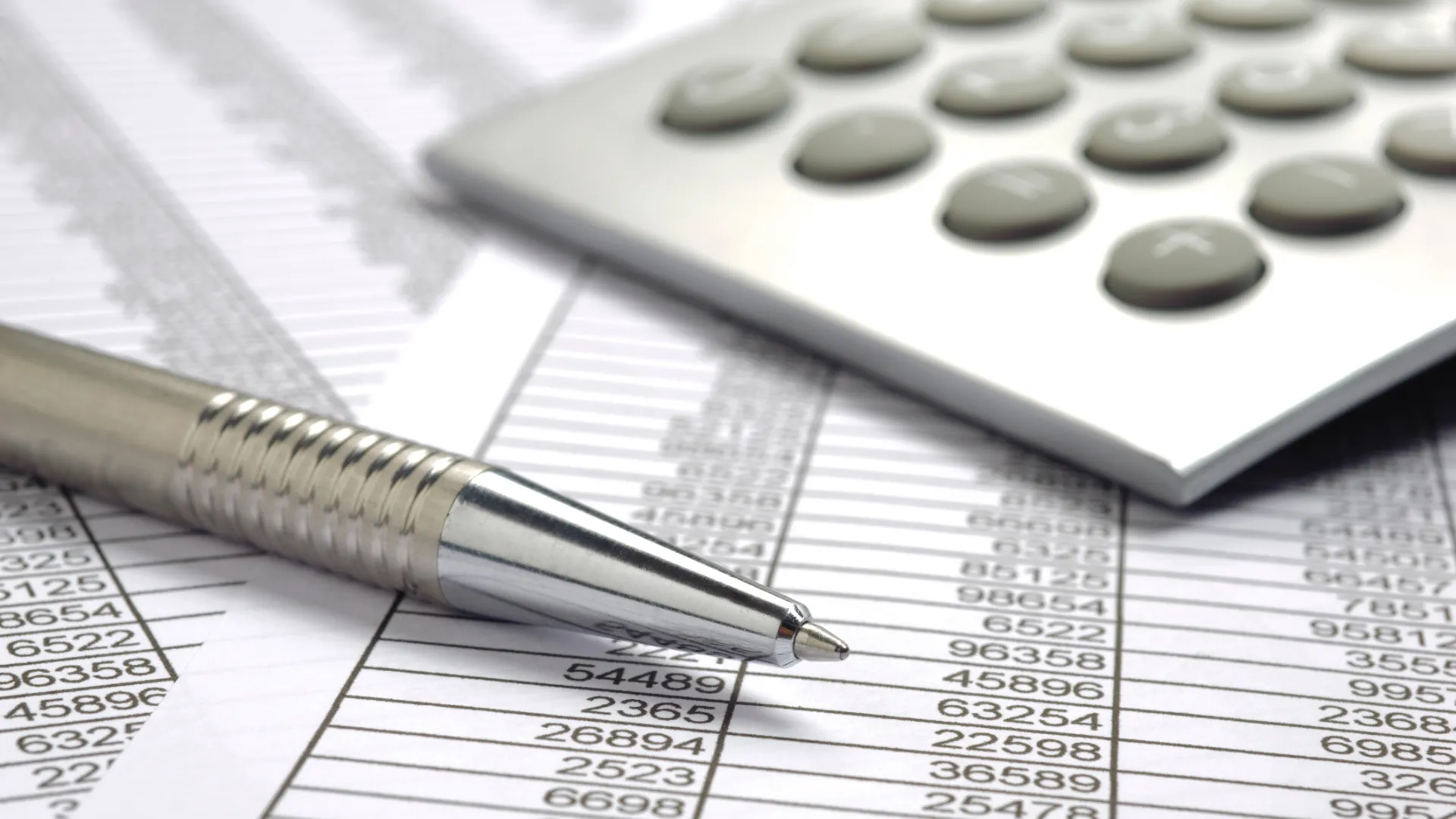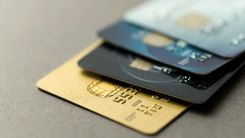Write down all your income and expenses so you can determine how much money you have available.
Next, establish your financial priorities and set realistic limits for each category.
Finally, look for ways to save money so you can put it toward more important financial goals.
Identify your financial goals
It's important to clearly identify your short- and long-term financial goals. These may include saving for a home, travel, increasing purchasing power, becoming debt-free or even preparing for retirement.
By defining your financial goals, you can prioritize your budget accordingly to achieve them.
It is advisable to use a list or calendar to identify and plan your financial goals.
Consider how much money you need for each goal and the estimated time to get there. These are the tools you need to take steps toward financial success.
Don't ignore the fact that financial goals change over time. Don't hesitate to review your budget and investment plans from time to time to see if you need to modify some things. This will help you stay focused on your goal.
Set financial priorities
Setting financial priorities is a key part of organizing your budget.
It is important to identify which expenses are essential and which are not. Make sure you pay your basic bills such as rent, electricity, water and other expenses necessary to maintain your home.
From there, you can allocate funds to other financial responsibilities. These may include payments for student loans, credit cards, insurance and savings.
Setting priorities within these categories will help you maximize your personal finances.
Finally, consider allocating a percentage of your income to fun and entertainment.
his will help you stay motivated by monitoring your finances and achieving your larger financial goals.
A healthy budget will allow you to enjoy yourself a little without compromising your future financial stability.
Set short- and long-term goals
Setting short- and long-term goals is an essential component to better organizing your budget.
Setting goals allows you to plan and achieve your objectives in an orderly and realistic manner.
To set your goals, you must first identify what you want to achieve in the short term (such as saving for a vacation) and in the long term (such as saving for retirement).
Once you have set your goals, you should record your income, expenses and investments accurately.
This information will help you set realistic limits for your budget. Setting these limits will help you meet your short- and long-term financial goals.
In addition, once you have reached your goals, you can create new ones to keep you moving forward.
Set a realistic budget
It is important to set a realistic budget in order to better organize your finances.
If you don't have a clear idea of how much money you can spend, it is difficult to know what you will spend your money on.
A realistic budget is one that reflects the amount of money you actually have to spend without going into too much debt.
When setting your budget, you need to consider your income and expenses.
This information will help you understand where your money is coming from and where it is going. This will allow you to make responsible financial decisions, such as saving for the future or investing in profitable business opportunities.
Analyze your expenses and savings
It is important to analyze your expenses and savings to better organize your budget. You need to regularly review your finances so you can know exactly what you are spending and where you are spending your money.
This will help you identify areas where you can save money and prioritize your spending.
Identify potential savings opportunities
Identifying potential savings opportunities is a key part of better organizing your budget.
It's important to analyze your expenses and evaluate where you can cut back to save. Examine bills and recurring payments to see if there are any ways to reduce costs without sacrificing quality.
You can also look for discounts, coupons and special offers for additional savings.
Use savings and budgeting tools
It is important to use savings and budgeting tools to better organize your finances.
This will help you monitor your spending, save for specific goals and see where you can make adjustments to reduce expenses.
Some of these resources allow you to calculate your current budget, monitor expenses and generate financial reports.













